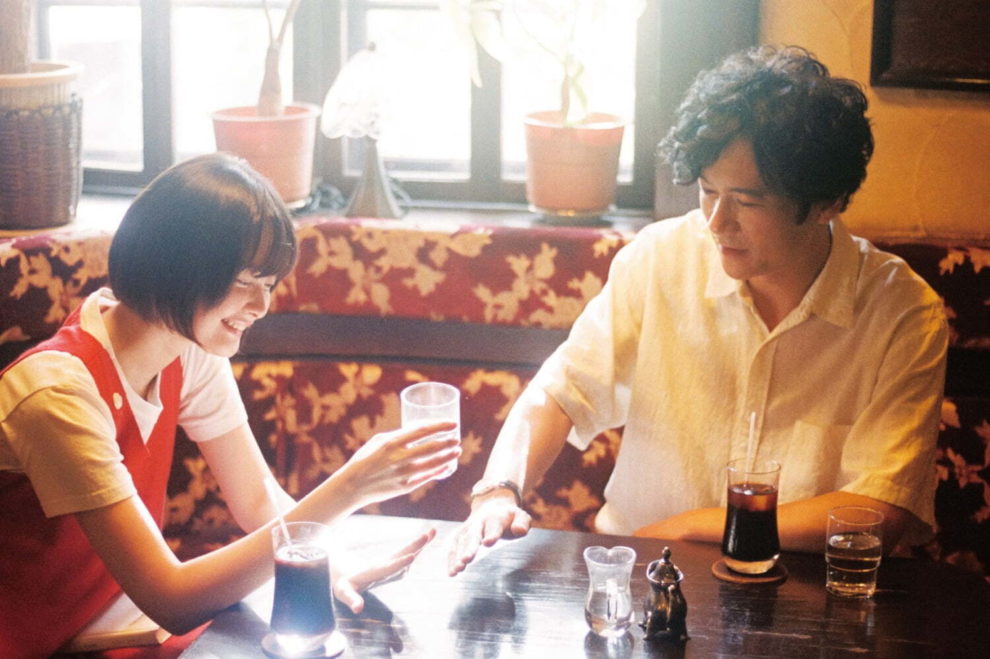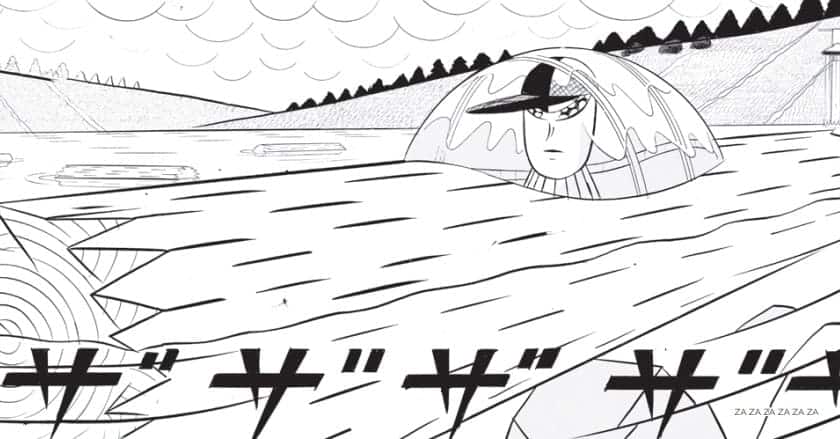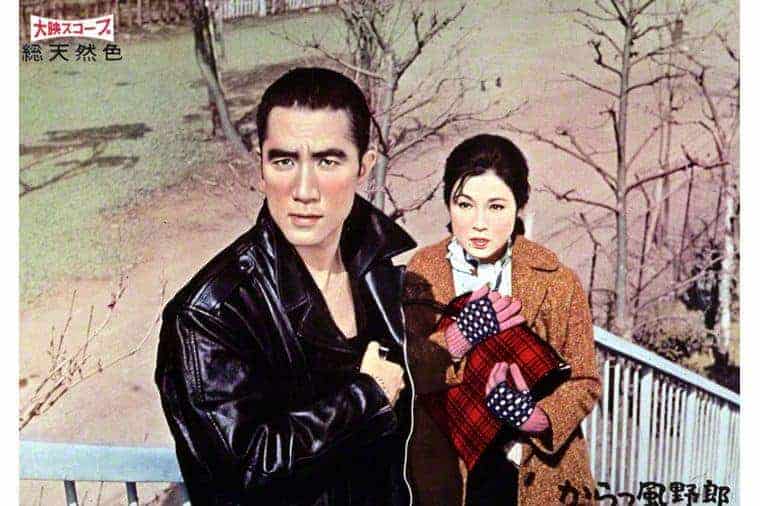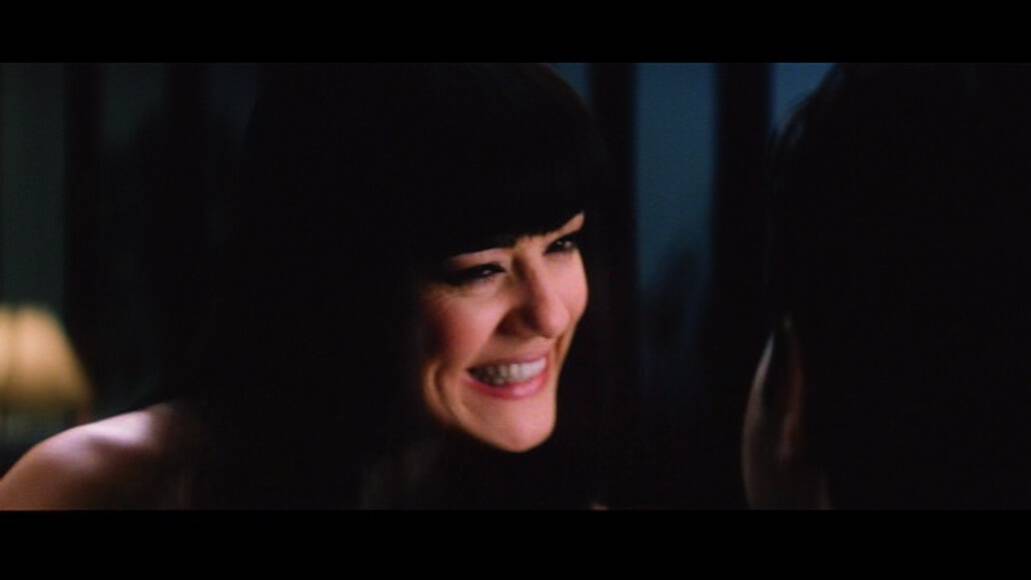The themes of Rikiya Imaizumi's films are en vogue right now, tackling slow-developing love stories, and indeed their fallout, in a dialogue-heavy approach. With slick, stylish coffee shop and urbane apartment settings, “By the Window” has a lot in common with many modern Japanese novels, as well as the films of fellow director Ryusuke Hamaguchi, a director whose career his has paralleled.
Shigemi (Goro Inagaki) is a freelance literary critic, married to editor Sae (Yuri Nakamura). From early on, we can see that their relationship has become more about sharing opinions on work than listening to each other. As such, Sae is having an affair with a novelist, and Shigemi knows it. Attending the press conference for her prize-winning new novel, he befriends young writer Rua (Tina Tamashiro), and the pair regularly meet to discuss the inspiration for her characters. Their age difference means nothing can happen, though it is perhaps the first time in a while Shigemi has started to think about his life and relationships.
With a relatively long runtime, Imaizumi employs long takes with a still, distant camera of awkward conversations to allow them to develop at a natural rhythm. A similar approach to Hamaguchi, and “Drive My Car's” (2021) cinematographer Hidetoshi Shinomiya is employed here. As with Hamaguchi, this may leave you unable to fall in love with the characters initially, though unlike “Happy Hour” (2015) you warm to them as things progress.
Shigemi has become quite emotionless, though not necessarily cold, and Inagaki plays him as an absent-minded man who has become lost in his thoughts. The playful Rua brings a bit more fun into his life, finding himself in unexpected situations, waking him up from his bemusement. His exchanges pose him questions, and gradually he starts to piece together where things in his life may have started to go astray.
But Imaizumi is playful in the dialogue. Shigemi's friend, sportsman Masatsugu (Ryuya Wakaba), is also having an affair, and so when Shigemi reveals to him and his wife Yukino (Mirai Shida) that Sae is having an affair, we see Masatsugu placed in an awkward position, as well as an insight into how Yukino would react to similar news. This scene is then mirrored as Yukino reveals Masatsugu's affair to Shigemi and Sae. Imaizumi is playing with his characters, with he and the audience in on the comedy as to what is known and what is not.
This also allows for the various perspectives on an affair to be shown in equal weight, with cheater, cheated and confidant all given a voice. The conclusion shows that some relationships are worth saving, and can be saved, while others are perhaps best brought to an end. There is no right or wrong here, but what works well for the individuals involved.
Imaizumi is not as epic in his scope, not pushing the runtime too long, and the long takes do not drag, but feel more natural. But while natural, the unlikely scenario does perhaps need a little more emotion to be realistic. Resolves are perhaps met in a little too adult a manner, and as with many popular Japanese novels, this world is perhaps a little too sterile to fully connect with.
















